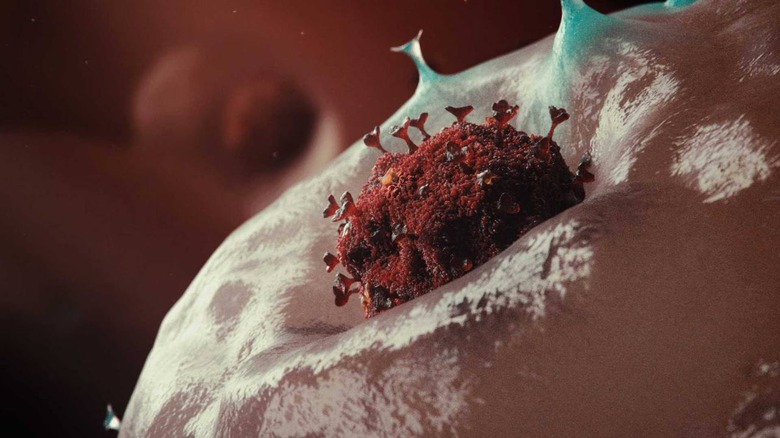Don't Count On Summer Slowing Coronavirus Warn Prestigious Scientists
Summer is unlikely to prompt a dip in coronavirus infections, scientists have warned, cautioning that COVID-19 does not seem to observe the same seasonal decline as flu does. The conclusion comes as a blow to those who had hoped that warmer conditions in the US over the summer months might mitigate the ongoing pandemic that has so far killed more than 12,000 people in the US.
The White House Office of Science and Technology Policy (OSTP) had requested a summer prediction from a standing committee of the National Academies of Sciences, Engineering, and Medicine, regarding the possibility that COVID-19 would struggle to survive amid increases in temperature and humidity. Seasonal affects on the virus are so far unclear.
"Natural history studies published so far have conflicting results regarding potential seasonal effects on the virus," the standing committee cautioned, "and they are hampered by poor data quality, geography-related confounding factors such as access to and quality of health care and the availability of diagnostics, and insufficient time since the beginning of the pandemic from which to draw conclusions."
Influenza is heavily seasonal, with the respiratory illness generally seeing the most cases during the fall and winter. While the reasons for that are inconclusive, one strong possibility is that the virus is more stable when humidity and temperature levels are low. That could combine to make the virus more stable.

It had prompted hopes that, with a COVID-19 vaccine still believed to be realistically 12-18 months away, and treatment options facing overwhelming numbers of cases, stressed healthcare providers might get a reprieve over the summer. Unfortunately, the National Academies of Sciences, Engineering, and Medicine panel's report suggests, that's far from being certain.
"There is some evidence to suggest that the COVID-19 virus may transmit less efficiently in environments with higher ambient temperature and humidity," the group of scientists agreed. "However, given the lack of immunity to the virus globally, this reduction in transmission efficiency may not lead to a significant reduction in disease spread without the simultaneous adoption of major public health interventions."
Lending to the pessimism is how coronavirus is holding up in different climates around the world. Australia and Iran, for example, are currently experiencing their summer climates, but also seeing rapid viral spread. As such, "a decrease in cases with increases in humidity and temperature elsewhere should not be assumed" the panel concludes.
Currently, the guidance on coronavirus best-practice for the public remains as stringent isolation as possible, to reduce the rate of community spread. Although that's not expected to end transmission of COVID-19 altogether, the hope is that it will alleviate strain on primary healthcare facilities – the so-called "flattening the curve" strategy – rather than leave them overwhelmed with a shortage of essential equipment like ventilators. As of today, the US Centers for Disease Control and Prevention (CDC) suggest there are almost 400,000 known cases of coronavirus infection in the US.
